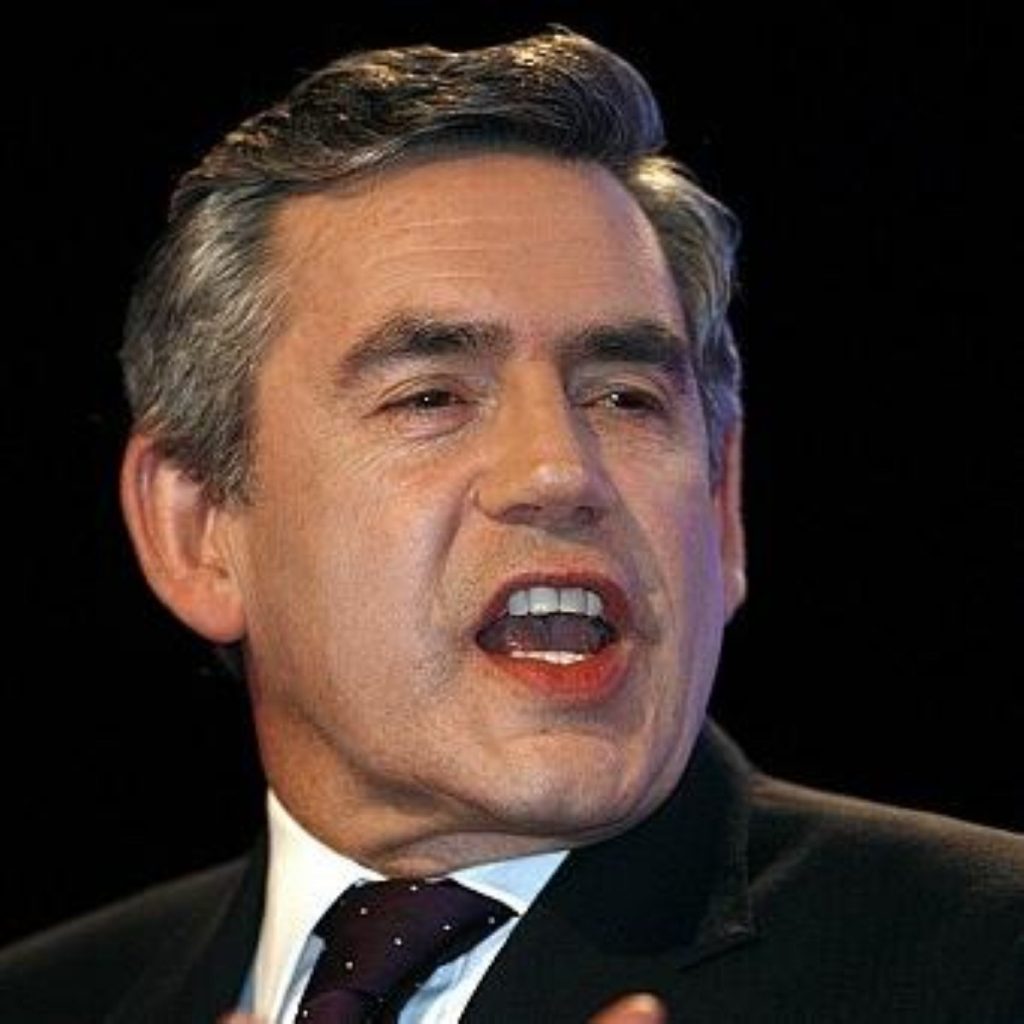Government’s constitutional proposals “limited”: MPs
MPs have claimed that the government’s constitutional proposals to transfer key powers to parliament are “disappointingly limited”, in a new report today.
The report by the Commons’ public administration select committee claims that more needs to be done to protect the core values of the civil service and called on the government to live up to prime minister Gordon Brown’s calls for more power to be entrusted to parliament and the British people.
Chairman of the committee Tony Wright said: “Of course we welcome these proposals from the government. At first glance they read like a back catalogue of our recommendations. But when we looked into the detail, we started to get concerned.
“The prime minister said that he wanted to entrust more power to parliament, but the proposals don’t show much trust. Every time the government proposes a parliamentary safeguard, there’s a loophole for ‘exceptional circumstances’ to allow the government to go ahead regardless.”


On the decision to remove the power to declare war from the prime minister and hand it to parliament, Mr Wright said: “We’re glad the government has come forward with proposals in these areas, where it exercises unfettered power right now. But when you look at the detail of the proposals, parliament is essentially being asked to let things continue as they are.”
“It isn’t right for the prime minister to have complete discretion over the information parliament is allowed to see when deciding whether to support a decision to go to war.
“And prime ministers shouldn’t be able to avoid a parliamentary vote when a conflict is too urgent or too secret to seek parliament’s permission in advance. This is what democracy is about.”
In today’s report the committee recommended that there should be stronger safeguards for the independence of the civil service commission, which is being set up to protect the core values of the service.
It also called for independent endorsement of information provided to parliament on decisions over “peace and war”.












